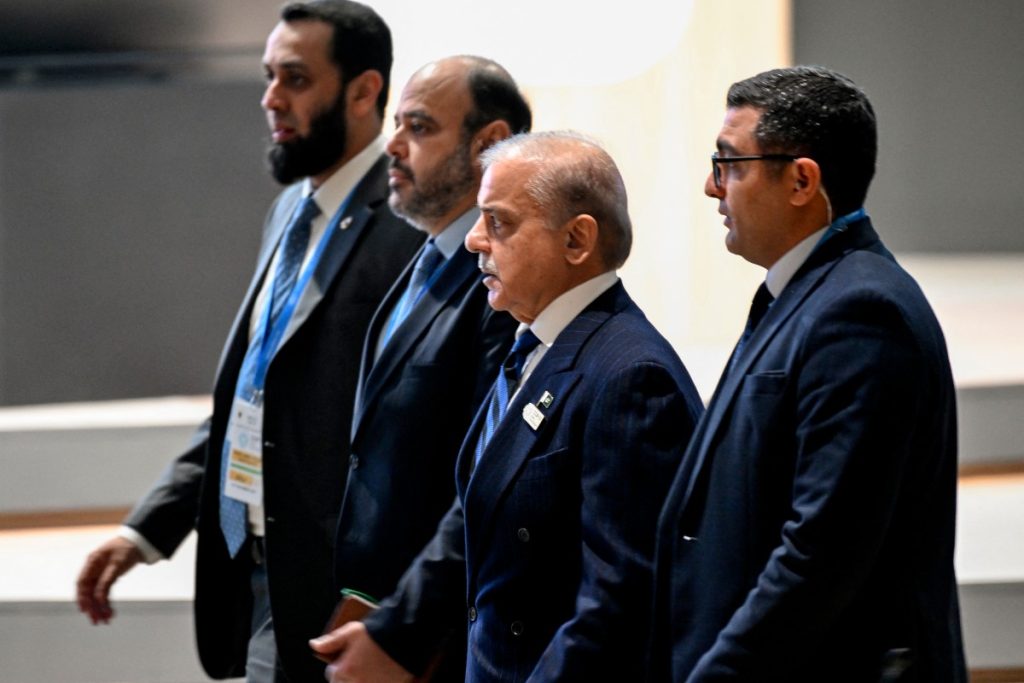A new draft of a UN climate agreement released on Wednesday presents various approaches to generate funding for less affluent nations, indicating that challenging discussions continue at the COP29 negotiations in Baku.
The foremost objective for negotiators at the conference in Azerbaijan is to establish a new accord to increase funding for climate initiatives in developing countries. However, a consensus has been difficult to achieve among negotiators from almost 200 countries this year.
According to the most recent draft of the long-anticipated climate finance agreement, most developing nations advocate for an annual commitment of at least $1.3 trillion from wealthier countries.
This amount is more than ten times the $100 billion per year contributed by several developed nations, including the United States, the European Union, and Japan.
Some donors are hesitant to commit to large new sums of public funding from their budgets, particularly given the economic and political pressures they face domestically.
An earlier version of the draft was wholly rejected by developing countries, which deemed the suggested terms too favourable to wealthy nations. Further contributions were requested, and the new document outlines three primary positions.
The first position asserts that affluent, industrialised countries primarily responsible for past climate change should provide funding from their budgets.

The second option suggests that other nations also share financial responsibility, a significant demand from developed nations, while the third option proposes a combination of the two approaches.
A coalition of least-developed countries, mainly from Africa, requests $220 billion, while small island nations threatened by rising sea levels seek $39 billion.
Brazil’s environment minister, Marina Silva, stated, “There is a consensus that these resources should be in the trillions” in public and private funding.
Friederike Roder from Global Citizen, a non-governmental organisation, remarked that the draft includes “more concrete options” for an agreement on an overall sum and “specific targets” for the most disadvantaged and vulnerable countries.
According to David Waskow, Director of the World Resources Institute, a think tank, the latest 34-page draft encompasses all available options.
COP29 is set to continue until November 22, though climate discussions frequently extend beyond the scheduled timeframe.


